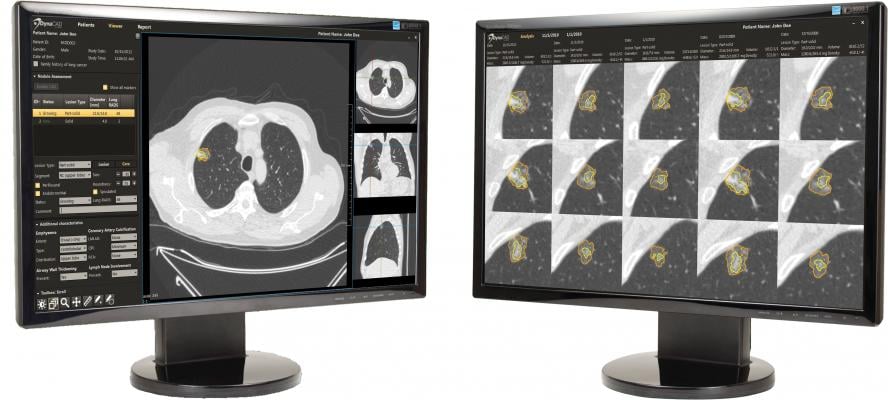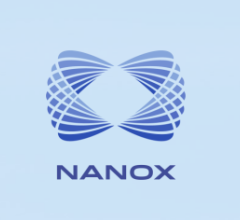
February 8, 2017 — Limiting lung cancer screening to high-risk former smokers may improve cost-effectiveness at a population level, according to a study published in PLOS Medicine.
Regular computed tomography (CT) lung cancer screening of current and former smokers is currently recommended in the U.S. and is being considered in other countries, but the specific criteria (e.g.: smoking history, age) and frequency of screening to achieve optimal cost-effectiveness is debated. In this study, Kevin ten Haaf of the Erasmus MC University Medical Center Rotterdam, the Netherlands, and colleagues used a microsimulation model to analyze 576 different lung cancer screening policies for persons born between 1940 and 1969 in Ontario, Canada. They found that stringent eligibility criteria (such as requiring more years of heavy smoking to qualify for screening) was more cost-effective than less stringent eligibility criteria, and that annual screening would be more cost-effective than biennial screening.
The authors found that the most cost-effective scenario was annual screening between ages 55 and 75 years old for persons who smoked more than 40 pack-years (the number of packs of cigarettes smoked per day multiplied by the number of years the person has smoked) and who quit less than 10 years ago (or currently smoke). They estimate that this screening strategy would reduce lung cancer mortality by 9.05 percent compared to no screening, with an incremental cost-effectiveness ratio of $41,136 Canadian dollars per life-year gained.
Though the optimal scenario is actually estimated to catch fewer lung cancers than the criteria used in the National Lung Screening Trial (NLST) in the U.S., the authors predict this more stringent scenario would require fewer CT scans, and lead to fewer false positive screens and lung cancer over-diagnosis, which can lead to patient harm. The authors note that their analyses do not account for impact of increased frequency of screening and follow-up on quality of life of those screened. Additionally, they note that their assumptions for follow-up procedures were based on data from the NLST, and may not be generalizable to a population setting.
Still, the authors say this study "indicates that lung cancer screening can be cost-effective in a population-based setting if stringent smoking eligibility criteria are applied." In an accompanying Perspective, Steven Shapiro of the University of Pittsburgh School of Medicine discusses the challenges of balancing costs — both monetary and of over-treatment — of frequent and widespread testing with the benefits of early diagnosis.
For more information: www.journals.plos.org/plosmedicine


 February 09, 2026
February 09, 2026 









